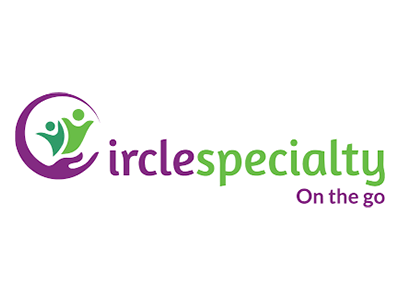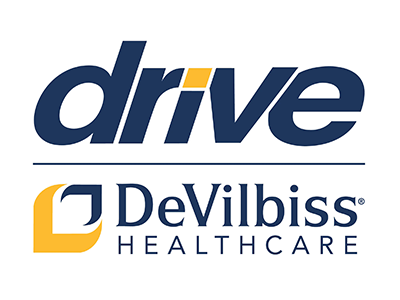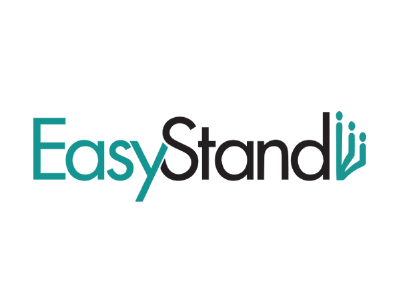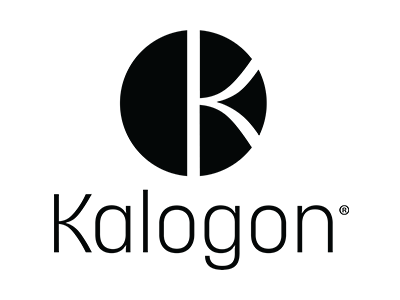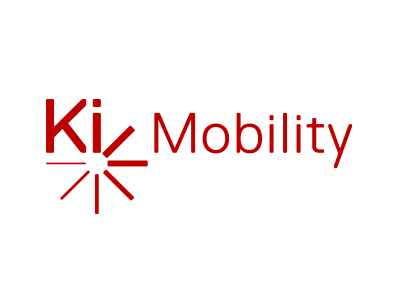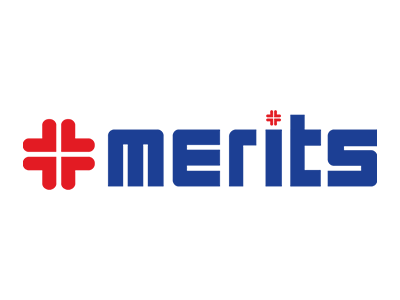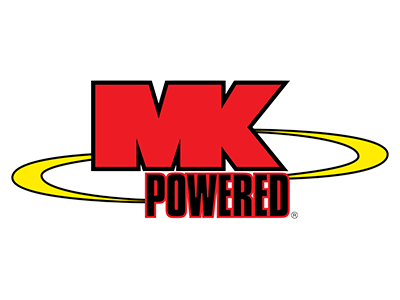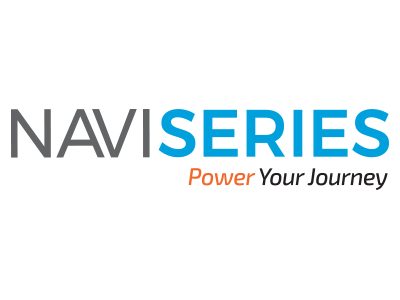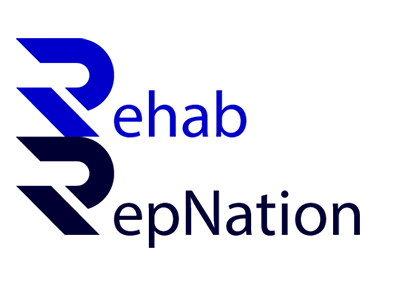What is ACTNow?
ACTNow is designed to help you advance your career, provide improved healthcare outcomes for your patients, and fulfill your state’s continuing education requirements.
Further Your Care Knowledge
ACTNow provides attendees with insight from some of the industry’s most prolific experts, equipping you with actionable knowledge you can immediately put to use.
Learn from the Best in the Industry
The trainers and speakers for this year’s event are some of the leading experts in the CRT industry and are specialized in helping professionals like you provide improved patient outcomes.
Provide Better Care & Guidance to Patients
ACTNow gives you real-world training and insight you can use to improve patient outcomes and give them the tools they need to further their progress.
Fulfill Your State Requirements
Throughout ACTNow, you can receive up to 13 contact hours (1.3 CEU) you can use to fulfill your state’s continuing education requirements.
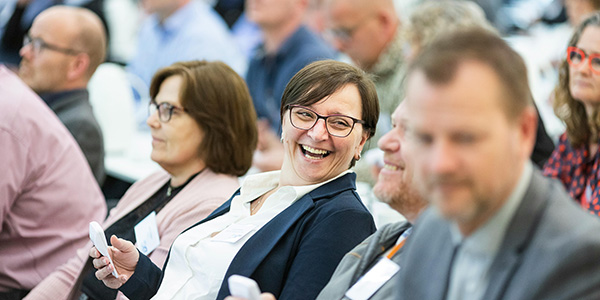
Event Highlights
Earn up to 13 continuing education contact hours (1.3 CEU)
Network with other industry professionals
Learn what new technology is available today at the Manufacturer World Tour
Breakfast and lunch provided
Join us Thursday at the Action Seating & Mobility Dinner Party
Meet the Presenters
Meet the industry-leading teachers, trainers, and CRT experts that you’ll be learning from this year at ACTNow.

Becky Breaux
PhD, OTR/L, ATP
Becky Breaux, PhD, is an occupational therapist, course instructor, and researcher. Her research focuses on factors that impact best practices in assistive technology provision, health policies in CRT provision, and the impact of assistive technology on the health and function of people with disabilities. As a clinician, she provides assistive technology assessments and training to children and adults with disabilities in the areas of seating, mobility, and access to technology.

Thomas Halka
MOT, OTR, ATP
Thomas Halka, MOT, OTR, ATP is an occupational therapist and is a Clinical Education Manager for Permobil, supporting Texas, Louisiana, Arkansas and Oklahoma. Thomas joined the Permobil in 2019. Prior to this, he practiced at the Dallas VA Medical Center in Spinal Cord Injury Unit. Here he provided complex seating and mobility solutions for veterans with SCI/D and multiple sclerosis. Thomas earned his ATP from RESNA in 2018, is a member of AOTA, and has served Texas Woman’s University School of Occupational Therapy as a member of the Vanderkooi Endowed Lectureship advisory council. Thomas resides in Dallas, TX with his wife, 3 kids and 2 dogs.
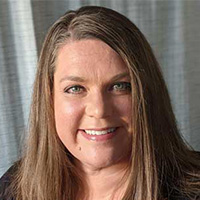
Karla Sonderland
MS, OTR/L, ATP
Karla Sonderland is a dedicated Occupational Therapist with a Master’s degree from the University of Mary. She holds certifications as a RESNA Assistive Technology Professional and a Ride Designs Custom Systems Practitioner. With over 20 years of experience, Karla specializes in supporting individuals with intellectual and developmental disabilities. Her expertise encompasses providing 24-hour care, coordinating among multiple caregivers, and facilitating transitions to alternative living arrangements, ensuring safety and active participation through optimal assistive technology.
Currently, Karla serves as the Clinical Education Manager at Sunrise Medical, where she leads the Midwest Clinical Education program. In this role, she is committed to enhancing clinical practices and empowering healthcare professionals through effective training and education. Karla resides in Iowa with her husband and three children.
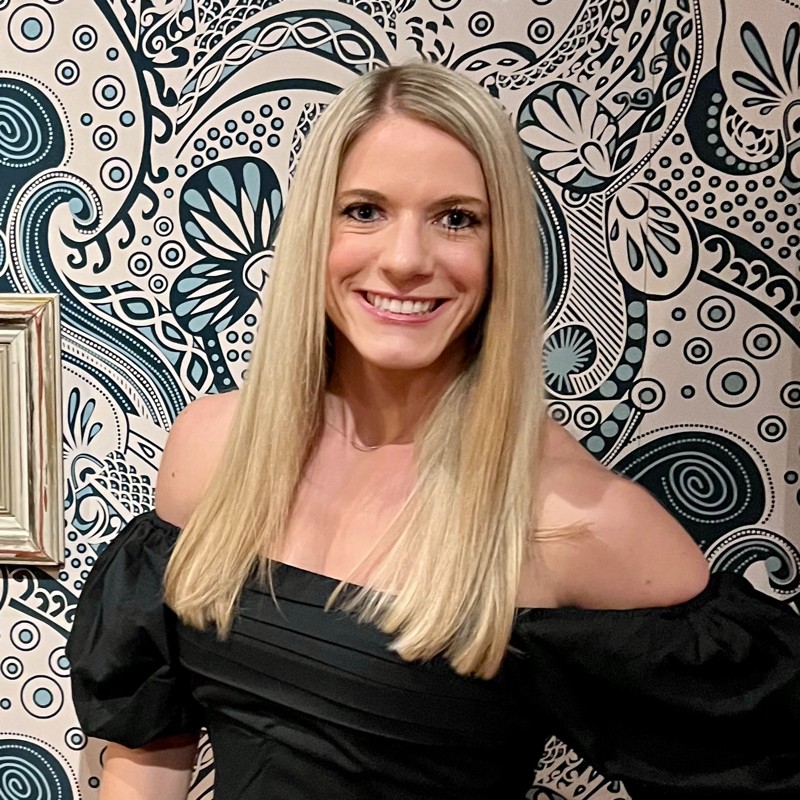
Alex Chesney
OTR, ATP/SMS
Alex Chesney is the clinical sales manager of the Midwest South Region for Quantum Rehab. She provides educational services as an occupational therapist, assistive technology professional and seating and mobility specialist. Alex graduated from the University of Oklahoma with a bachelor’s degree in multidisciplinary studies and a minor in psychology in 2011. She earned her master’s in occupational therapy from Texas Woman’s University in 2013. Alex practiced occupational therapy in a top neurological inpatient rehabilitation center in Houston, TX, treating those with traumatic spinal cord injuries and various neurodegenerative diseases.
As a clinician, Alex prescribed advanced seating and mobility technologies and served as a primary education resource for best practices within neurological rehabilitation. Alex previously served as a committee chair for the Academy of Spinal Cord Injury Professionals and continues involvement as a committee member. She is the vice president and occupational therapy coordinator for Rehabilitation Services Volunteer Project, providing free neurological therapy services to those underserved in the Texas area.
ACTNow 2025 Schedule
Thursday, October 23rd
| 8:00 AM - 8:15 AM Opening Remarks |
| 8:15 AM - 10:15 AM CEU Session – Sunrise Medical, Karla Sonderland, MS, OTR/L, ATP |
| 10:15 AM - 10:30 AM Break |
| 10:30 AM - 11:30 AM CEU Session – Quantum Rehab, Alex Chesney, OTR, ATP/SMS |
|
11:30 AM - 12:30 PM |
| 12:30 PM - 1:30 PM Lunch and Exhibitor Hall |
| 1:30 PM - 3:30 PM CEU Session – Becky Breaux, PhD, OTR/L, ATP |
| 3:45 PM - 4:45 PM CEU Session – Becky Breaux, PhD, OTR/L, ATP |
|
6:00 PM - 10:00 PM |
Friday, October 24th
| 8:00 AM - 9:00 AM CEU Session – Becky Breaux, PhD, OTR/L, ATP |
| 9:00 AM - 9:15 AM Break |
| 9:15 AM - 10:15 AM CEU Session – Becky Breaux, PhD, OTR/L, ATP |
| 10:15 AM - 10:30 AM Break |
| 10:30 AM - 11:30 AM CEU Session – Becky Breaux, PhD, OTR/L, ATP |
| 11:30 AM - 1:00 PM Lunch and Exhibitor Hall |
| 1:00 PM - 2:00 PM CEU Session – Quantum Rehab, Alex Chesney, OTR, ATP/SMS |
| 2:15 PM - 3:15 PM CEU Session – Permobil, Thomas Halka, MOT, OTR, ATP |
| 3:30 PM - 4:30 PM CEU Session – Permobil, Thomas Halka, MOT, OTR, ATP |
|
4:30 PM |
How to Join ACTNow 2025
Here are the steps you should take to reserve your spot and join in this October!
1
Reserve your spot online via Eventbrite.
Visit the registration page on Eventbrite to sign up. There is a $105 flat rate for both days.
2
Watch for your email confirmation following your ticket purchase.
Shortly after your ticket purchase through Eventbrite, you’ll receive an email confirming your purchase that will contain your ticket for the event.
3
(Optional) Reserve a Room with DoubleTree.
If you're attending from out of town, you can reserve a room within the Action Seating & Mobility block at the DoubleTree by Hilton Tulsa-Warren Place
4
Join us starting October 23rd!
The action starts early! Be sure to arrive before 8:00AM to grab a good seat and to get ready to absorb cutting-edge education from the best in the CRT industry!
Courses
Thinking Critically about Mobility Base Selection and the Impact on Function1 Hour • Instructor: Karla Sonderland, MS, OTR/L, ATP |
Matching Alternative Drive Controls for Driver Success1 Hour • Instructor: Karla Sonderland, MS, OTR/L, ATP |
Manufacturer World Tour1 Hour |
Best Practices in CRT EvaluationsI Hour, 30 Minutes • Instructor: Becky Breaux, PhD, OTR/L, ATP |
Biomechanics of SeatingI Hour, 30 Minutes • Instructor: Becky Breaux, PhD, OTR/L, ATP |
Overview of Power Wheelchair Devices and Service ProvisionI Hour, 30 Minutes • Instructor: Becky Breaux, PhD, OTR/L, ATP |
Input Devices / Alternative AccessI Hour, 30 Minutes • Instructor: Becky Breaux, PhD, OTR/L, ATP |
Clinically Speaking: The Power of Prevention1 Hour • Instructor: Alex Chesney, OTR, ATP/SMS |
Clinical Considerations for Mobility and Seating Selection for the Geriatric and Chronic Deconditioning Population - Part 11 Hour • Instructor: Alex Chesney, OTR, ATP/SMS |
Quality Outcomes in CRT: Best Practices from Assessment to Implementation1 Hour • Instructor: Thomas Halka, MOT, OTR, ATP |
Empowering Mobility: Achieving Success with Power Standing Techniques1 Hour • Instructor: Thomas Halka, MOT, OTR, ATP |
Meet Our Sponsors
ACTNow 2025 and the impact it has on the CRT industry wouldn’t be possible without the support of our sponsors!

Sunrise Medical
Platinum Sponsor

Quantum Rehab
Gold Sponsor
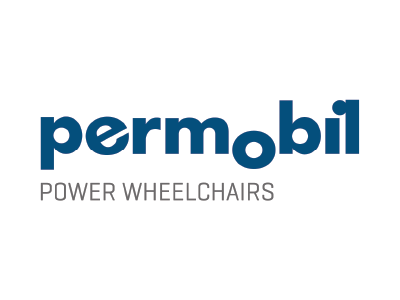
Permobil
Silver Sponsor
ACTNow 2025 Exhibitors
